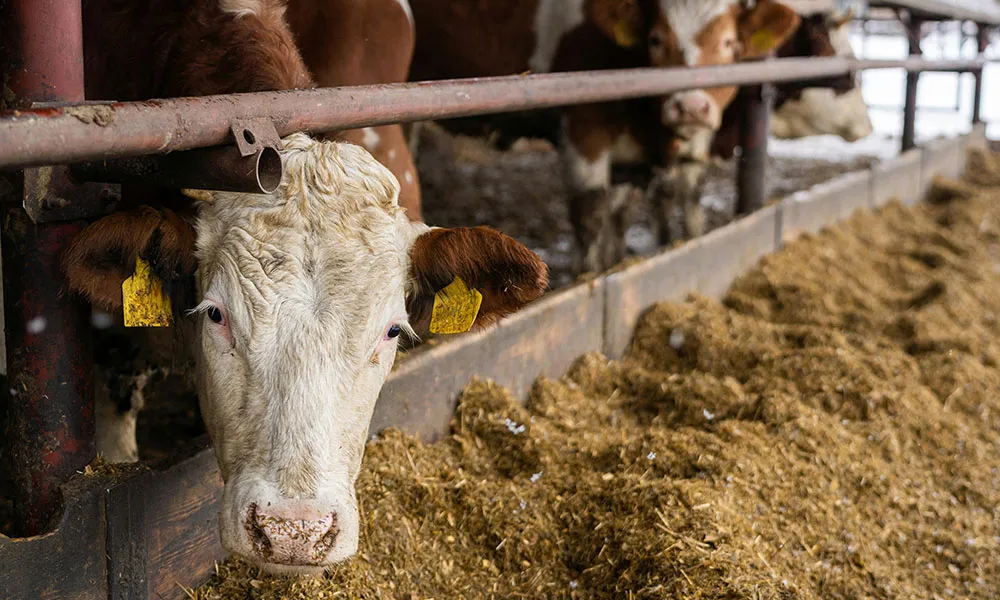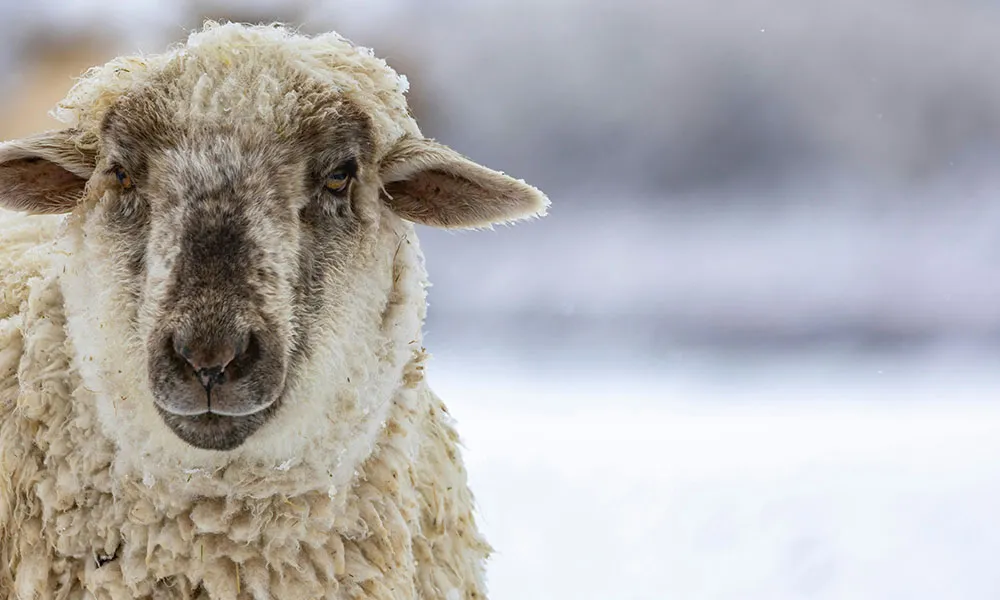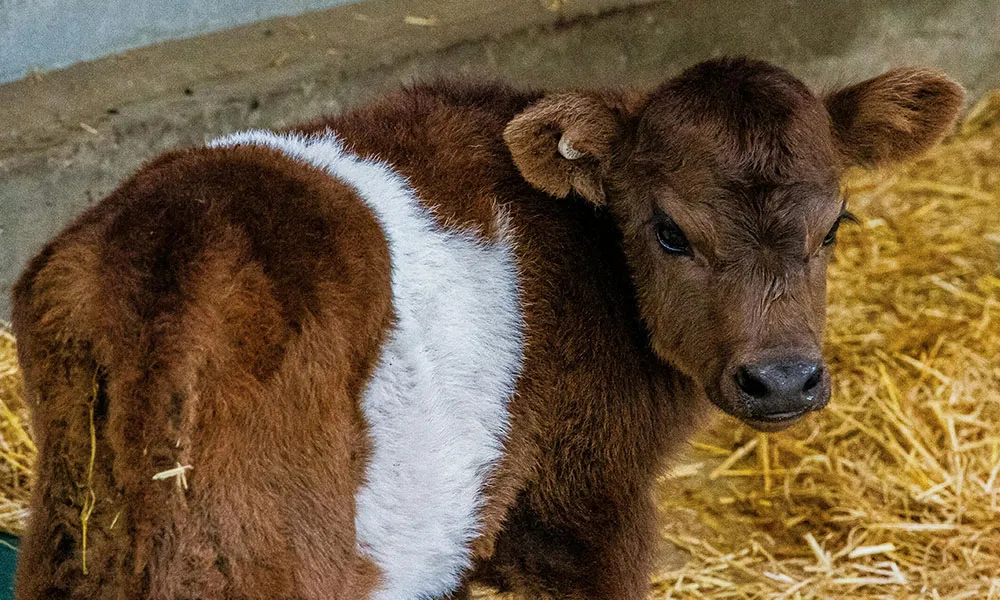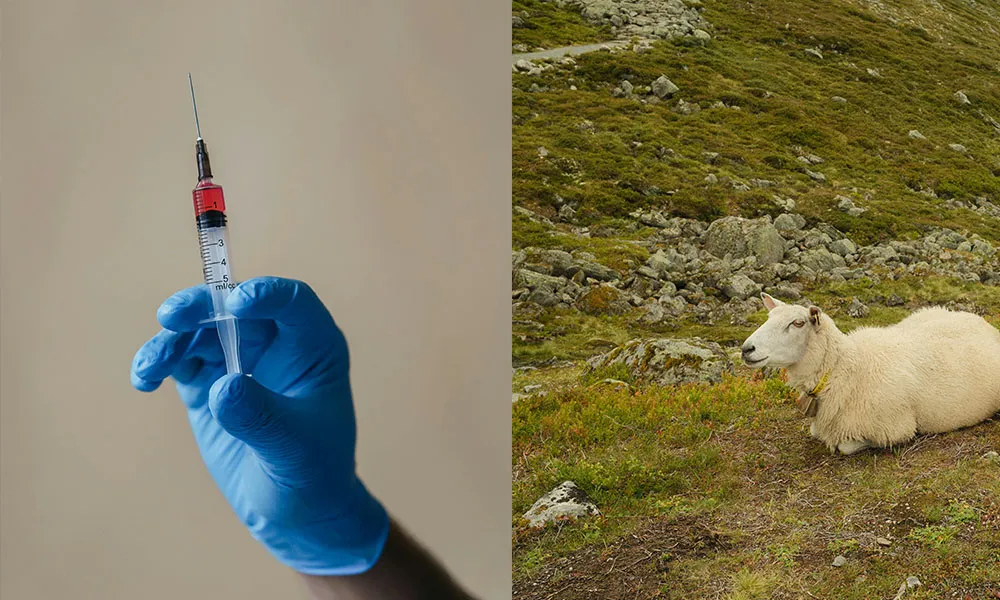
The Minister for Agriculture, Food and the Marine, Charlie McConalogue, recently announced that he will be extending the deadline for the Sheep Improvement Scheme until 9 January, 2023. For those who have not yet had an opportunity to familiarise themselves with the scheme’s requirements, this should be a welcome announcement. As with any payments available under the next CAP, all farmers who are eligible should avail of them. These are hard times, and for those of us struggling to keep the farm gates open any support on offer is very welcome.
What is the Sheep Improvement Scheme
In reality, the Sheep Improvement Scheme is very similar to the Sheep Welfare Scheme, which it will replace under the new CAP. The Scheme is funded at €20 million, with farmers receiving a payment of €12 for every eligible breeding ewe on their farm. This is an increase of €2 on the current Sheep Welfare Scheme – not exactly an inflation-busting hike, but welcome nonetheless!
Farmers can apply for the scheme online, or ask their farm advisor to complete the application for them at www.agfood.ie.
Who qualifies for the scheme?
Unlike a lot of schemes, almost everyone farming sheep on any kind of scale is a potential candidate for this payment. According to the Government website, in order to qualify for the scheme farmers must:
- complete and submit their Basic Income Support for Sustainability (BISS) application for each year that they are participating in the scheme
- complete and submit a sheep census return for each year of the scheme, with exceptions being made only for new entrants in any given year
- have an active flock number and keep a flock of breeding ewes
- keep the required number of breeding ewes for the duration of the scheme
If they are to receive the available payment, qualifying farmers must complete two of the welfare measures laid out in the requirements list (see below)
What are the requirements of the scheme?
As with the Sheep Welfare Scheme, the Sheep Improvement Scheme will be aimed at assisting farmers to improve the overall health and conditioning of breeding ewes. As such, farmers will be paid to improve sheep welfare by taking at least two of the following measures:
• lameness management
• provision of mineral supplements post-mating
• provision of meal for recently weaned lambs
• parasite control (i.e. faecal egg count)
• scanning of pregnant ewes
• control of flystrike
• mineral supplementation of lambs pre-weaning
• Genotyped Ram Action
The Sheep Improvement Scheme: Few Strings Attached
Given that most of these are reasonable actions that most farmers will be taking regardless, the payment is a decent opportunity to increase farm revenue. Actions like controlling flystrike control and lameness management are part of an average sheep farmer’s daily routine for a large portion of the year, while mineral supplementation at certain times of the year is common practice at this point.
Overall, then, the Sheep Improvement Scheme is one of the more straightforward payments available to sheep farmers, and comes with very few strings attached. Well worth applying for, even if the payment is not enormous.











